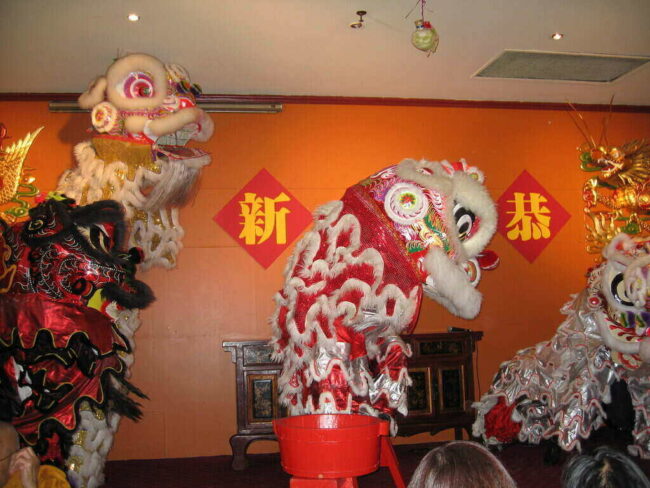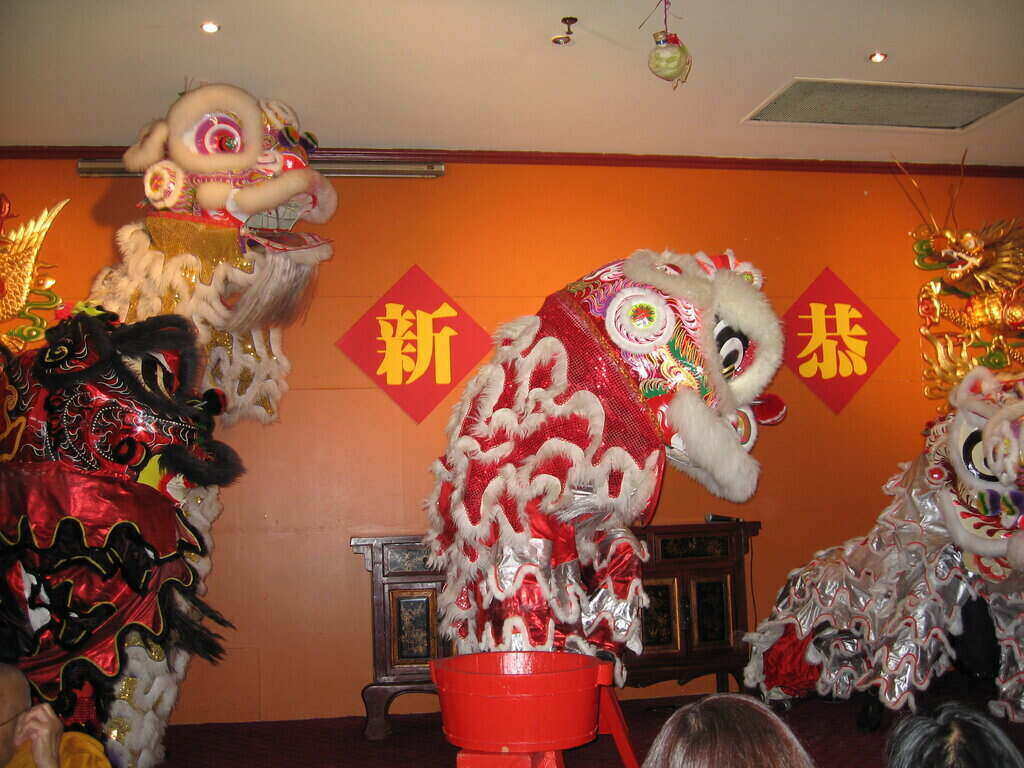|
Getting your Trinity Audio player ready...
|

Monday, people across Asia are preparing to celebrate the Lunar New Year – the Year of the Tiger. Even though there are concerns surrounding COVID and the Omicron variant, people are hoping the new year brings a life that is closer to normal.
The Lunar New Year or Spring Festival is the most important holiday in Asia. For the year 2022, it will fall on Tuesday, February 1. Each year follows the 12 Signs of the Zodiac. This will be the Year of the Tiger, which follows the Year of the Ox.
This is the third consecutive Lunar New Year celebrated during the pandemic. In 2020, two days before the celebration, China locked down Wuhan.

Who Will Celebrate the Year of the Tiger?
Now, 85% of China is fully vaccinated, reports the Associated Press. Many people are preparing for the Lunar New Year by purchasing red lanterns and festive foods for their homes.
Citizens of China say the atmosphere of the Lunar New Year has faded. Due to the pandemic, fairs and temples have closed so large crowds will not be encouraged to gather. Sixty-three-year-old retiree Huang Ping is hoping better times are on the horizon.
I wish for the epidemic to pass as early as possible and for the economy to recover as well.
Han Guiha, 62, said he will make his house clean and beautiful for the celebration, then he will enjoy good food and wine.
This year, the Lunar New Year coincides with the Beijing Winter Olympics, which will open at the end of the week-long holiday. Organizers have announced that the Olympic Games will be “held inside sealed-off bubbles.” Tickets will not be sold to the general public and only “selected spectators” will be allowed entry.
In January, Hong Kong experienced a surge in COVID cases. People wore surgical masks while they shopped for their red lanterns and tiger-themed decorations. Due to the outbreak, schools are closed and restaurants have been mandated to close at 6 p.m., therefore, people will be ringing in the Year of the Tiger from home.
Chen Lianshan, a Beijing University expert on Chinese folklore, said,
The tiger is a protection against evil spirits and it can defeat demons and ghosts of all kinds, and the Chinese believe that the plague is one kind of an evil spirit.
New Year’s celebrations in other parts of Asia may not be so quiet, despite restrictions due to the pandemic. Over the weekend many people attended the traditional market in Hanoi to prepare for the festival called Tet, in Vietnam. The daily number of new daily COVID cases in Vietnam remains at 15,000, however, hospitalizations and deaths also remain low. The country has reopened for business and has resumed some social activities.
Over 70% of Vietnam is fully vaccinated and 80% have received at least one injection, according to the Associated Press. Nevertheless, to minimize risk, Tet fireworks and other festival events have been canceled.
Bangkok will not be celebrating the Lunar New Year in Chinatown for the second year in a row. They will proceed with the lighting of the lanterns on the district’s main street.
In Singapore, residents are only allowed five visitors a day due to COVID restrictions. This will hinder the tradition of visiting family members during the Lunar New Year celebration.

What Is the Lunar New Year?
The Lunar New Year has a number of origin stories. One legend asserts that the celebrations began to scare the beast “Nian” (“year” in Chinese). Every spring, Nian would stalk and attack people in the villages and cities. The mythical creature is said to be afraid of loud noises and the color red. This is why the festival is celebrated with firecrackers and red lanterns.
More than anything, the holiday brings people hope from a cold winter into a season of renewal, according to The Washington Post. The Lunar New Year is regarded as a secular holiday, however, traditions come from Confucianism, Buddhism, and Taoism, as well as ancient myths and folklore.
Written by Jeanette Vietti
Sources:
AP: Celebrations for Year of the Tiger are muted, but bring hope; by DAVID RISING and KEN MORITSUGU
The Washington Post: What is Lunar New Year? Traditions and celebrations for the Year of the Tiger; by Adela Suliman
CNN: Lunar New Year 2022: Welcoming the Year of the Tiger; by Maggie Hiufu Wong
Featured Image Courtesy of Chew-Lin YIP’s Flickr Page – Creative Commons License
First Inline Image Courtesy of Chew-Lin YIP’s Flickr Page – Creative Commons License
Second Inline Image Courtesy of IcedNyior’s Flickr Page – Creative Commons License



